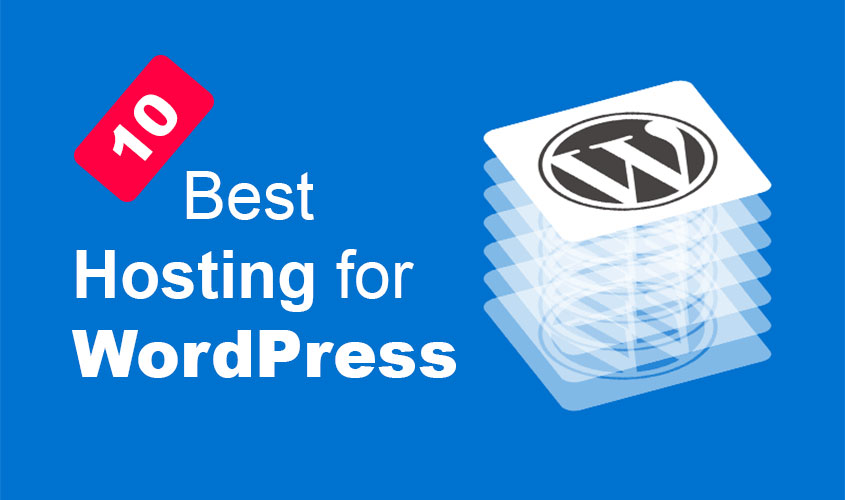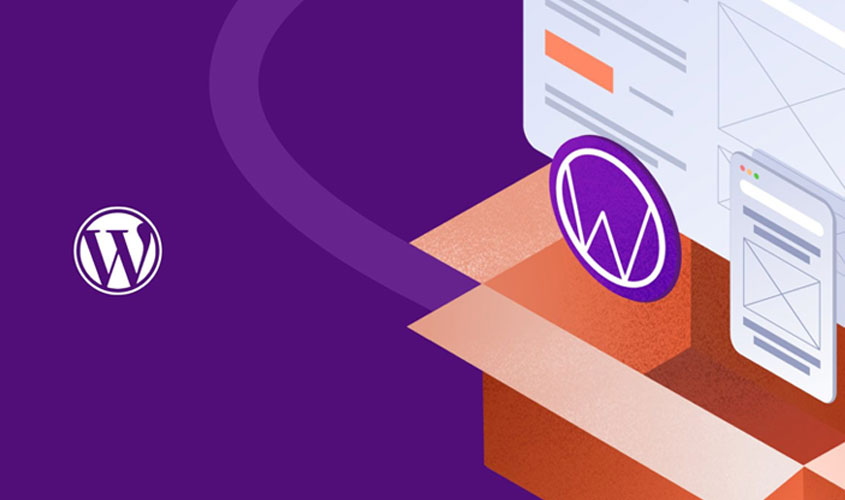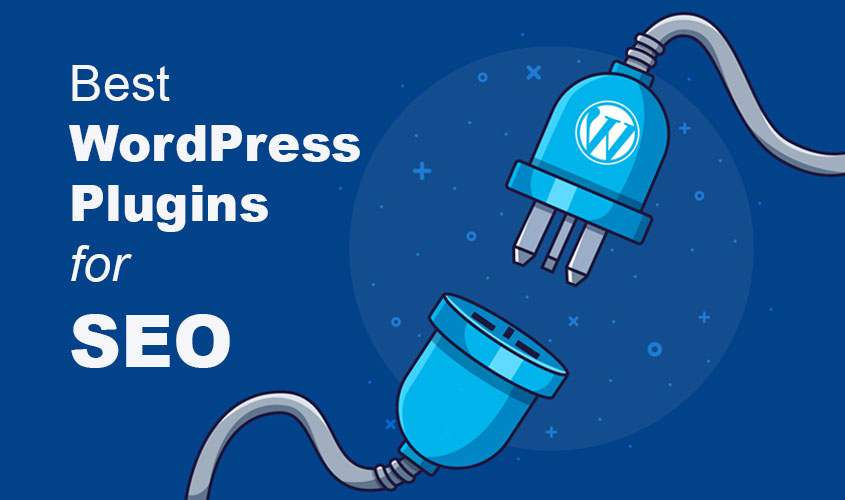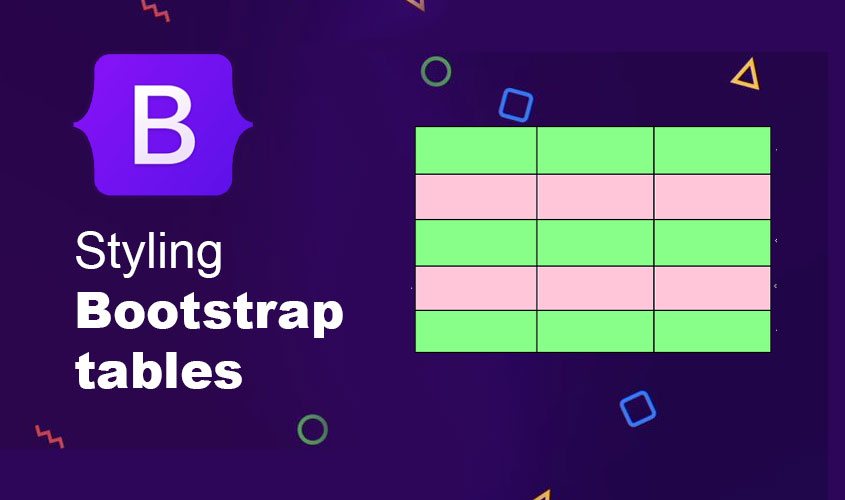While WordPress is a popular and widely used platform, there are several reasons why some developers may choose not to use it for their projects. Here are some of the reasons:
- Limited customization: While WordPress offers a high degree of customization through plugins and themes, some developers may find that it is not flexible enough to meet their specific needs. For complex or highly specialized websites, developers may prefer to use a more flexible or customizable framework.
- Security concerns: WordPress has had a history of security vulnerabilities, and developers may be concerned about the security of their websites or their clients’ websites. While there are steps that can be taken to secure WordPress installations, some developers may prefer to use a different platform that they perceive to be more secure.
- Performance issues: Depending on the size and complexity of a website, WordPress sites can sometimes require significant server resources to run effectively. This can lead to performance issues or slow page load times, which can negatively impact the user experience.
- Maintenance requirements: WordPress requires regular updates and maintenance to ensure that the platform and plugins are up-to-date and secure. For developers or clients who do not have the resources or expertise to maintain a WordPress installation, this can be a significant drawback.
- Learning curve: While WordPress is relatively easy to use and learn for beginners, some developers may find that its architecture or coding standards do not align with their preferred development practices. In such cases, developers may prefer to use a different platform or framework that better aligns with their expertise or preferences.
- Bloat and overhead: WordPress comes with a lot of features and functionality built-in, which can make it bloated and slow down websites. This can be a problem for developers who need to create lightweight, fast-loading websites or applications.
- SEO limitations: While WordPress is generally considered SEO-friendly, some developers may find that its default settings and options do not provide enough flexibility for advanced SEO strategies. In such cases, developers may prefer to use a more customizable platform or framework.
- Licensing and ownership: WordPress is an open-source platform, which means that anyone can use, modify, and distribute the code. For some developers, this lack of control or ownership over the platform may be a concern, particularly if they are working on proprietary or confidential projects.
- Complexity and learning curve: While WordPress is relatively easy to use for beginners, it can become quite complex and require a significant learning curve for advanced customization or development. Some developers may prefer to use a more straightforward platform or framework that allows them to quickly create and deploy websites or applications.
- Support and community: While WordPress has a large and active community of users and developers, some developers may prefer to use a platform or framework that has a more niche or specialized community. This can be especially important for developers working on specialized or niche projects that require specific expertise or support.
WordPress is a popular and widely used platform, developers may choose to use other platforms or frameworks based on their specific needs, preferences, or concerns.











